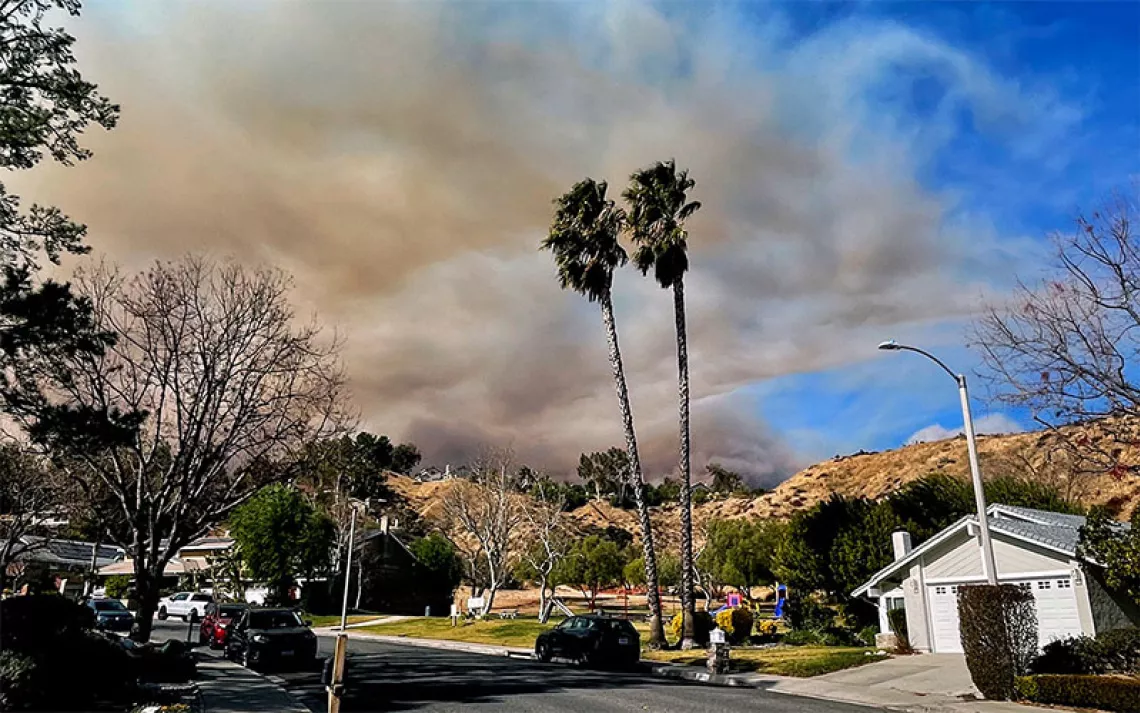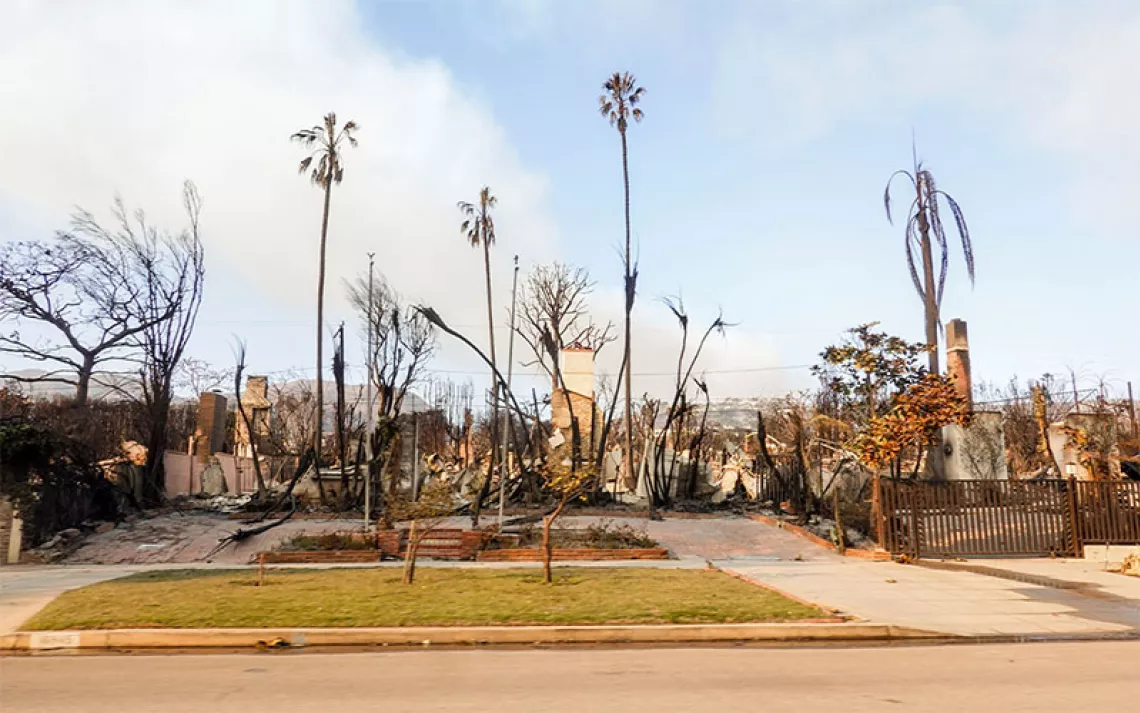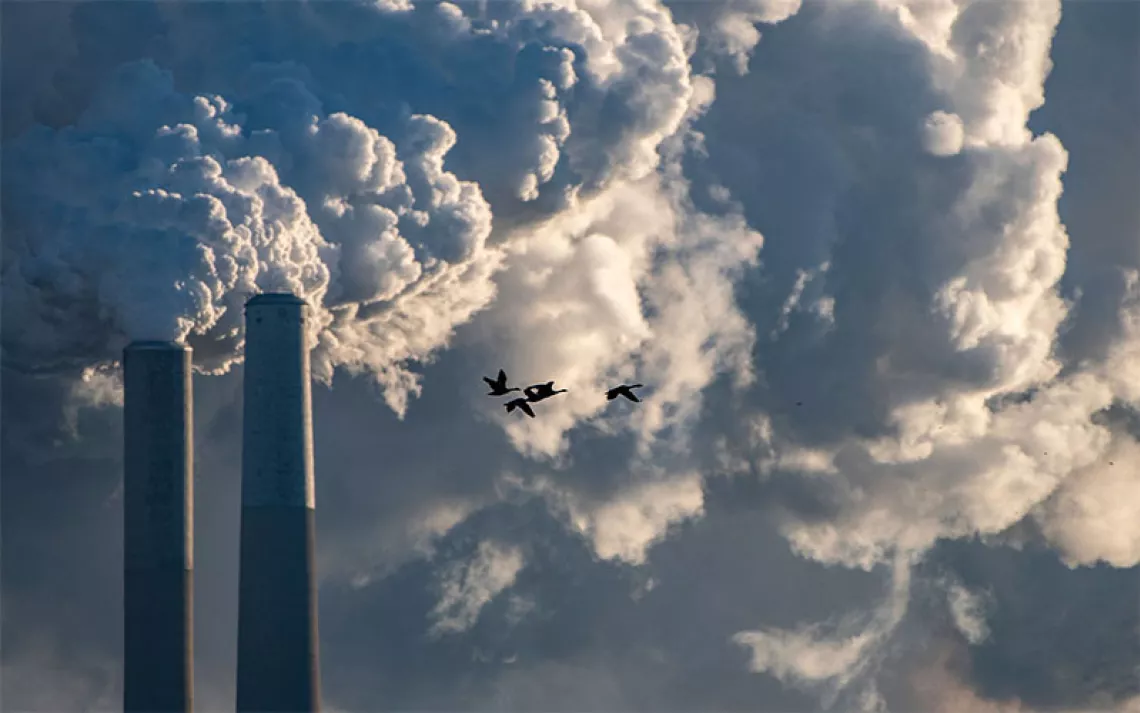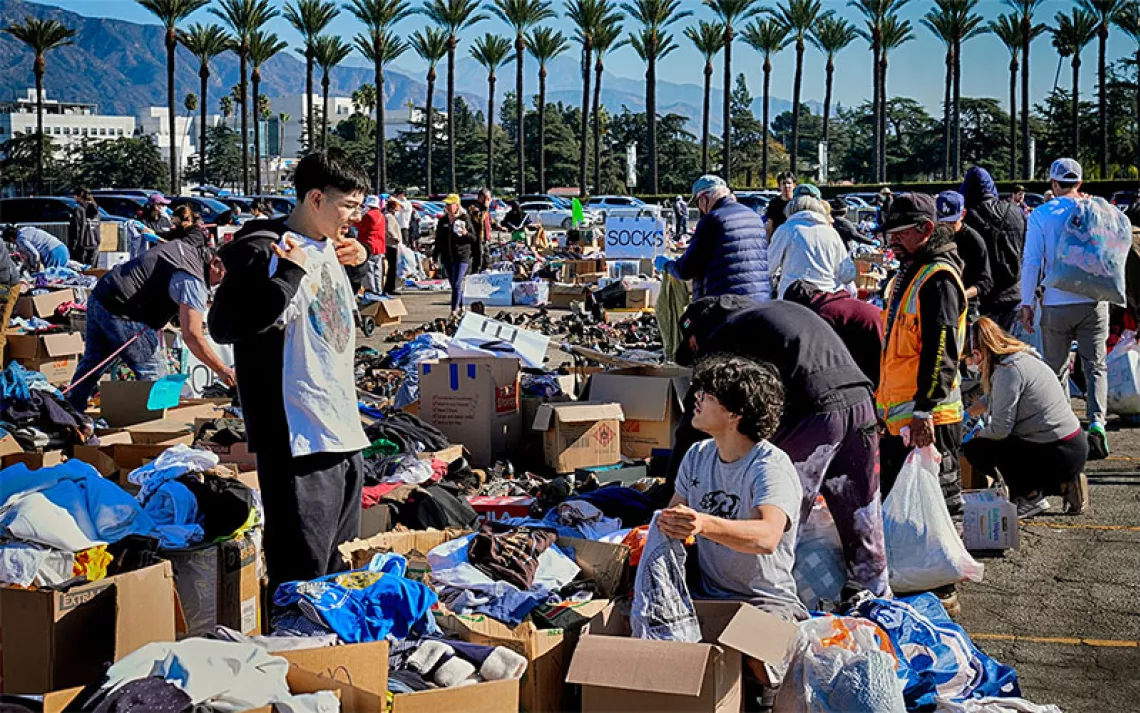What Will It Take to Rein in the Trump of Brazil?
Brazil’s president-elect threatens the planet and activism

Jair Bolsonaro | Photo by Mateus Bonomi/AGIF via AP
The nation of Brazil has over 200 distinct tribal groups, many of which live in and care for the Amazon rainforest. These front-line protectors are now preparing for a new fight to protect themselves and their land from repression and violence under newly elected president Jair Bolsonaro, who has made no secret of his disdain for tribal communities and their land rights, as well as his desire to open up the Amazon to commercial development. The man many are now calling the Trump of Brazil will be inaugurated January 1.
In Brazil, Indigenous rights and forest protection are deeply tied, because tribes provide what many activists see as a vital service to the Amazon. “[Indigenous groups] are an insurance against climate change. The best insurance we have is the protection of the forest, by traditional groups in the Amazon,” said Carlos Rittl, executive secretary of the Climate Observatory (a network of NGOs that works on environmental issues in Brazil).
If Bolsonaro rolls back their land rights or refuses to demarcate more acreage to Brazil’s Indigenous peoples (which he has stated are his intentions), the result could be further climate damage. Upwards of 98 percent of Brazil’s Indigenous land reserves are in the Amazon, and Brazil contains about 60 percent of the forest, often called “the lungs of the planet.” The Amazon releases about 20 percent of the world’s oxygen and contains about 10 percent of the planet’s biodiversity. All of that is at risk if Bolsonaro opens up the Amazon to development as he has vowed to do.
Before Bolsonaro’s campaign for office, deforestation in Brazil was already on the rise, explained Rittl, with rates increasing in 2017 by 13 percent. “We have some issues with the current government, but Bolsonaro will increase the speed of that destruction. When he has the pen to sign measures and decide investments and to submit bills to the National Congress, these will have an immediate effect on the ground,” he said. Deforestation rates increased by 50 percent during Bolsonaro’s campaign, according to Mongabay.
Bolsonaro and his associates have made clear that they believe Indigenous protection and climate action will hold Brazil back economically. Bolsonaro’s son Eduardo—a close adviser of the president-elect—made a YouTube video saying that the Paris climate accord was a conspiracy to keep countries like Brazil from developing. Steve Schwartzman, who works in Brazil for the Environmental Defense Fund, said this type of rhetoric is also not uncommon in the Brazilian military. “It’s been a theme and a long-held belief in large sectors of the military that all this talk internationally and within Brazil about Indigenous land rights, and protection of Indigenous territories, creating protected areas in the Amazon, is really nothing more than a smoke screen that conceals US and European agribusiness interests in crippling Brazil’s international competitiveness,” he said.
In addition to being pro-business, Bolsonaro, who served in the military before becoming a politician, is virulently anti-activist and openly nostalgic for Brazil’s dictatorship days, which ended in the mid-1980s. He has stated that “leftists will have to leave the country or go to jail” and has said that he is “in favor of torture—and the people are in favor of it too.”
Indigenous activists will be particularly vulnerable if Bolsonaro carries out his campaign pledges. Brazil is already considered to be the most dangerous place to be an environmental activist on the planet—57 Brazilian environmentalists were killed in 2017—but the situation could get even more dire. According to Rittl, “[Bolsonaro] has said he will try to halt all kinds of activism in Brazil, not just climate change, but all sorts of activism. Initiatives on civil society in general—environmental or human’s rights, women’s rights, anything that someone is fighting for. We could see measures that will make civil society more difficult.” Even during the campaign cycle, violence against activists increased, Rittl said.
Bolsonaro could try to prevent activists from accessing funds or otherwise try to legally block activism—although free speech is protected in the country’s constitution. And existing tensions over land rights and other human rights concerns could be intensified, particularly in the rural part of the country, where Bolsonaro has strong support (he named the president of the country’s Rural Caucus, Tereza Cristina, his minister of agriculture).
Part of why Bolsonaro poses such a grave danger to activism and climate protection in Brazil is that the country’s democracy is still fragile, Oliver Stuenkel, a political scientist at the Getúlio Vargas Foundation in São Paulo, explained. Although Bolsonaro has been compared to Donald Trump on many occasions, and he utilized many of Trump's strategies to win support, Stuenkel thinks the impact of the new president will be more devastating because of the weaker democratic institutions in Brazil. “One clear difference is that in the United States, you can have checks and balances, a strong media,” he said. “You are not going to see that in Brazil. . . . There are better mechanisms for protecting marginalized groups in the US. The risk for backsliding in Brazil is much higher, because our system is profoundly compromised. It has been from the beginning.”
The EIU democracy calculator rates Brazil as a “flawed democracy.” Brazil does have 32 registered political parties, which could help slow down legislative action, but there are still significant risks. “We are a democracy under construction in many ways. This is someone tearing down a house that is still being built,” Stuenkel said.
Bolsonaro has shown a responsiveness to economic and international pressure, which could be one way to contain him. After a backlash from international ambassadors, Bolsonaro walked back earlier statements where he said he would merge the Ministry of Agriculture and the Ministry of the Environment. The man he selected as his environment minister, although pro-business, has stated that he would like to keep Brazil in the Paris climate accord. Stuenkel said he spoke to ambassadors in the turmoil that followed the election, and many, especially those from EU countries, were clear that they would take action against Bolsonaro through economic means if necessary. “I spoke to ambassadors who are really worried and said they would pull out money. It was so explicit. They said they would consider Brazil a destabilizer of the international system, and that they would take steps to limit their diplomatic relationships,” said Stuenkel.
Bolsonaro is not particularly concerned with multilateral bodies like the UN—he has said in the past he would pull Brazil out of the organization—but does want to protect bilateral treaties and trade relationships, Stuenkel explained. Rittl agreed, and added that other nations have a responsibility to make climate change policy a condition of treaties. “International pressure is important, because we are a signatory on several treaties, on human rights, trade deals, business deals,” he said. “I would expect that any country on a bilateral treaty with Brazil should make climate protection and sustainable development a condition.”
Brazil’s own business lobby may also curb their president’s more radical ideas. Brazil’s exports depend on its international reputation. “Some business people do say that environmental regulation is hurting them, but a lot of them see that if Brazil becomes a pariah internationally because the government denies climate change, that will hurt their export," Stuenkel said.
As for the Amazon forest’s inhabitants, they are preparing to resist Bolsonaro and fight for their land as they always have. The Guarani tribe said in a statement quoted by The Guardian, “We resisted 518 years ago, we fight in victory and defeat, our land is our mother. As long as the sun still shines, and while there is still fresh air under the shade of a tree, while there is still a river to bathe in, we will fight.”
 The Magazine of The Sierra Club
The Magazine of The Sierra Club



